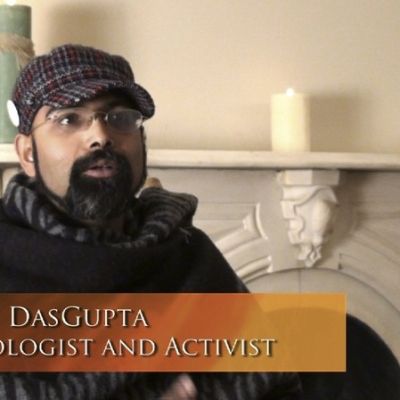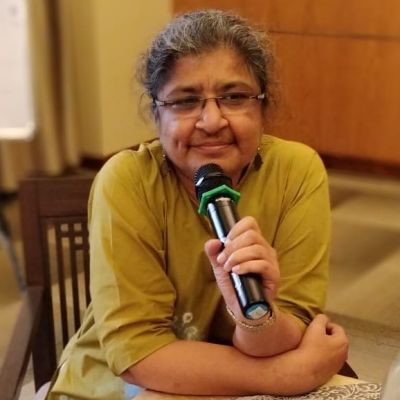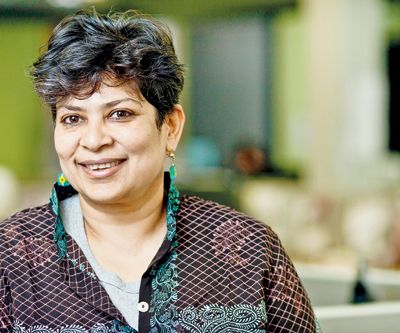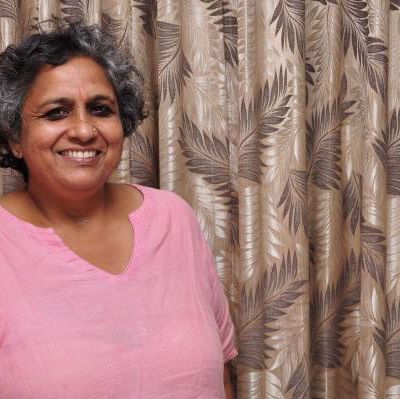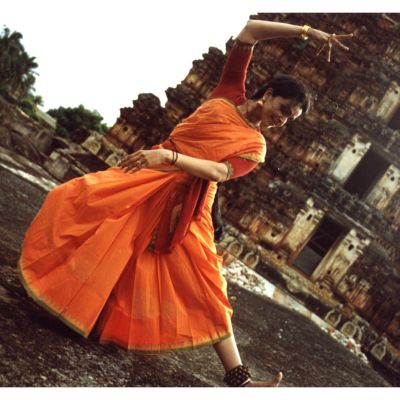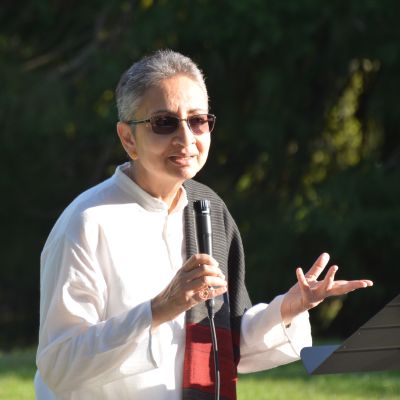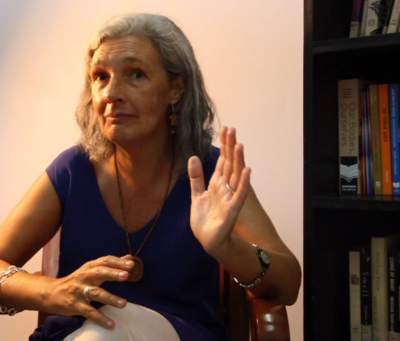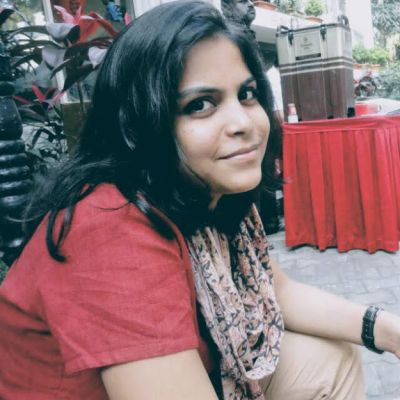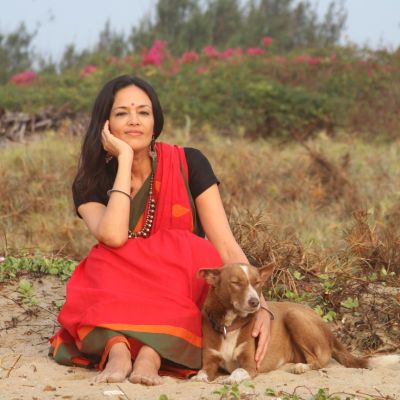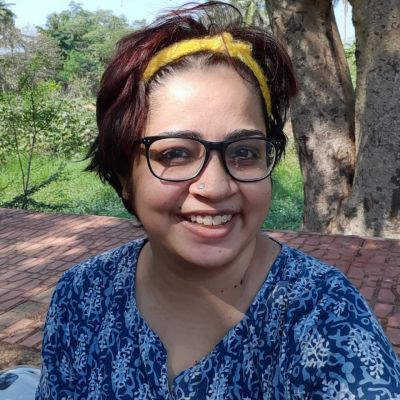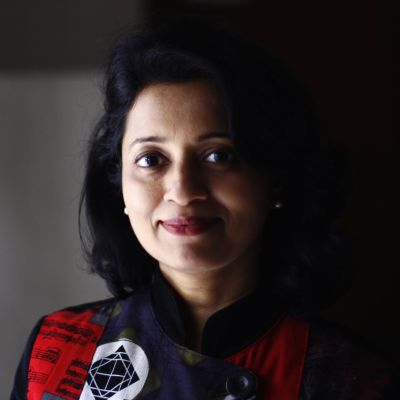Interview
Devdutt Pattanaik writes on relevance of mythology in modern times, especially in areas of management, governance and leadership. Trained in medicine, he worked for 15 years in the healthcare and pharma industries before he focussed on his passion full time. He is author of 30 books and 600 columns, with bestsellers such as My Gita, Jaya, Sita, Business Sutra and the 7 Secret Series.
Debanuj DasGupta’s current activism and research travels take him through India, UK and the US focusing on issues of national security, migration, and embodied justice. In this (republished) interview, he chats with TARSHI about the issues of queering immigration.
In the course of this interview with Shikha Aleya, Chayanika Shah points out, “While decisions around gender and sexuality are very private and apparently made by each person for themselves, the material connections of community and family make this choice very contextual, and contingent on the whole social structure.”
Bishakha Datta is an Indian filmmaker, activist and a former journalist. She runs Point of View, a Mumbai based non-profit,…
A photo of Anjali Gopalan, who has short black and gray hair and dark eyes. Anjali is smiling, wearing a light pink dupatta.
In December TARSHI interviewed Anita Ratnam, who is a leading Bharatanatyam dancer and choreographer based in Chennai. In her own…
Reflecting on the theme of Spirituality and Sexuality for this issue of In Plainspeak, in an interview with Shikha Aleya, Lata says,“What might a spiritual approach contribute? It can lead you to understand that there is a core aspect of you that exists prior to and alongside the particulars that shape your identity – class, gender, sexuality, religion, able-bodiedness, etc…”
Adsa Fatima is a feminist, trainer and resource person working with Sama Resource Group for Women and Health. In this interview, she shares her insights on issues of privacy, safety and inclusion in the context of reproductive health, sexuality and rights, and the family and social environment that influence individual choices and decisions
Delhi-based queer feminist activists Rituparna Borah and Jaya Sharma recorded a conversation they had about their views around marriage. While both women maintain their stances of critique towards the institution of marriage, what they agree upon and investigate as their chat progresses is that marriage has a pull that even its staunchest opponents will have to acknowledge and attempt to understand.
It is true though that ageing has brought home realities about my body that I ignored when I was younger. It has made me mindful of what I value, and what I choose to let go of, without too much of thought or unnecessary angst.
I’ve essentially thought of movement as a kind of freedom, but one that has the capacity to destabilise you in some way. My most creative moments are when I’m not moving, when I am in fact rooted and still.
Disabled people might not have many spaces where they can speak openly about their sexual experiences or even sexual curiosity. There is a heavy monitoring of disabled young people especially, and this can mean that exploration, which is often how many of us discover sexuality, can be limited. Moreover, since the experiences of disabled people are not seen in popular media such as films, we can (and probably do) imagine we will have the same or similar experiences as non-disabled people – which is often not possible.
So why do we have to have fixed notions of gender roles and food?



